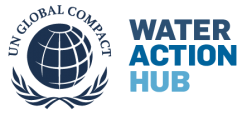UNICEF
Showing all 11 results
-
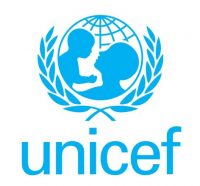
Child Rights and Global Supply Chains
UNICEF, United Nations Global Compact, and Save the Children have developed The Children’s Rights and Business Principles. To implement these principles, UNICEF is undertaking a global supply chains program, including ongoing collaborations with businesses such as Marks and Spencer.
-

Children’s Rights and Business Principles (2013)
Guidance, tools, and approaches to respecting children’s rights in and out of the workplace.
-
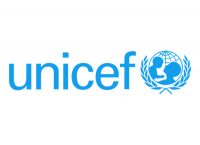
Guidance on Menstrual Health and Hygiene (2019)
This guidance was developed for UNICEF WASH, Education, Health, and Gender specialists or focal points in country offices who are working with their partners to develop programs related to menstrual health and hygiene.
-

Guide to Menstrual Hygiene Materials (2019)
This document provides guidance for staff from the UNICEF Supply Division and Programme Division on the selection and procurement of appropriate materials and supplies for menstrual hygiene management, particularly during humanitarian response.
-
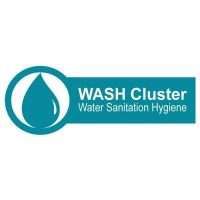
Introduction to Hygiene Promotion: Tools and Approaches (2009)
This manual contains training materials and handouts to enable facilitators to rapidly prepare training for different levels of hygiene promotion.
-

Private Sector and Water Supply, Sanitation and Hygiene (2015)
Analysis and recommendations on how to achieve Sustainable Development Goals 6 and 17, based on interviews with over 60 individuals representing over 40 organizations from the private sector, government, civil society, and NGOs.
-
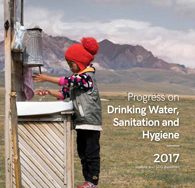
Progress on Drinking Water, Sanitation and Hygiene (2017)
This report presents the first ever estimates of the population using ‘safely managed’ drinking water and sanitation services.
-

Understanding Hygiene Promotion in the Context of the Coronavirus Disease (COVID-19) Outbreak (2020)
This note provides guidance on which aspects to consider when planning and implementing a hygiene promotion campaign as part of a broader risk communication and community engagement strategy.
-
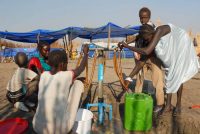
WASH Bottleneck Analysis Tool (WASHBAT) (2016)
WASH-BAT is an analysis and monitoring tool developed to assess the enabling environment of WASH delivery by tracking the removal of barriers to services at national, regional, service provider and community levels.
-

WASH Programme Contribution to Coronavirus Disease (COVID-19) Prevention and Response (2020)
This technical document outlines the overarching strategy and tactics for implementing UNICEF’s COVID-19 WASH response.
-
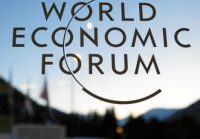
World Economic Forum Meeting WASH Discussion Summary (2016)
Discussion of the private sector’s role in achieving universal access to WASH.
